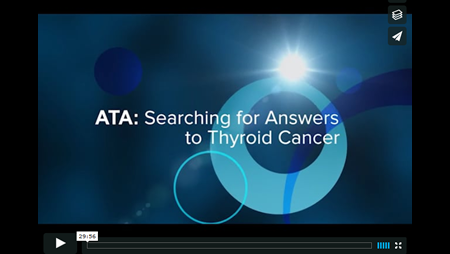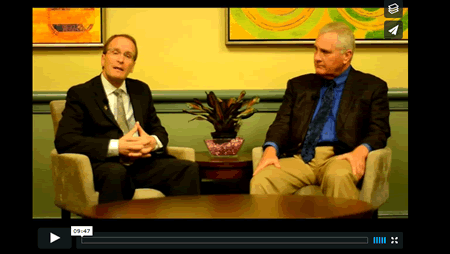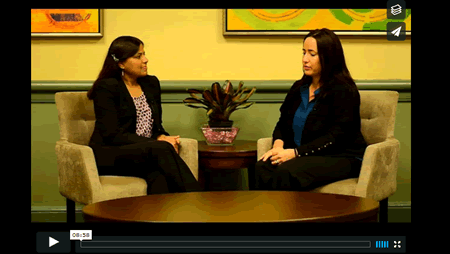Clinical Thyroidology for the Public summarizes selected research studies discussed in the previous month’s issue of Clinical Thyroidology, an official publication of the American Thyroid Association. Editor-in-chief, Alan Farwell, MD, FACE
Available in pdf format for saving and printing and Web page format for viewing online
PDF Format for Saving and Printing
Clinical Thyroidology for the Public Volume 13 Issue 11 (PDF file, 7.18MB)
TABLE OF CONTENTS – Web Format
HYPERTHYROIDISM
Risk of cancer after treatment of hyperthyroidism
The management of hyperthyroidism includes three primary options: radioactive iodine therapy, antithyroid drugs and thyroidectomy. There has been a concern about the long term risk of developing cancer after radioactive iodine therapy for hyperthyroidism. This study looked at the effects of all 3 of the treatment options for hyperthyroidism on the likelihood of getting cancer.
Kitahara CM et al 2020 Association of radioactive iodine, antithyroid drug, and surgical treatments with solid cancer mortality in patients with hyperthyroidism. JAMA Netw Open 3(7): e209660. PMID: 32701159.
(PDF File for saving and printing, 730 KB)
HYPERTHYROIDISM
Longer duration of hyperthyroidism is associated with increased risk of dementia
Dementia is common in older adults and can lead to difficulty in performing daily activities. Recent studies have focused on understanding whether risk factors that can be treated, such as thyroid function changes, affect the risk of developing dementia. The objective of this study was to assess the risk of dementia in patients with hyperthyroidism and understand whether duration of hyperthyroidism plays a role.
Folkestad L et al Graves’ disease and toxic nodular goiter, aggravated by duration of hyperthyroidism, are associated with Alzheimer’s and vascular dementia: A registry-based long-term follow-up of two large cohorts. Thyroid 2020; May;30(5):672-680.
(PDF File for saving and printing, 1.22 MB)
HYPERTHYROIDISM
Early thyroidectomy may decrease death in amiodarone-induced thyrotoxicosis (AIT)
Amiodarone-induced thyroxicosis (AIT) can be severe and difficult to treat. Some have recommended surgery, and possibly early surgery when the patient is still hyperthyroid, as the best and quickest treatment for AIT. The authors here look at what is the best timing of surgery for AIT to achieve to best outcomes.
Cappellani D et al 2020 Duration of exposure to thyrotoxicosis increases mortality of compromised AIT patients: The role of early thyroidectomy. J Clin Endocrinol Metab 105(9):dgaa464. PMID: 32678873
(PDF File for saving and printing, 736 KB)
HYPOTHYROIDISM .
How often is thyroid hormone needed after a lobectomy?
Removal of half of the thyroid gland has become an increasingly acceptable treatment option for thyroid disease, including some thyroid cancers. It can be challenging to predict which patients who have a thyroid lobectomy will still make enough thyroid hormone to avoid needing to take a thyroid hormone pill after surgery. This study aimed to determine factors associated with the need for thyroid hormone supplementation in patients following a thyroid lobectomy.
Wilson M et al 2020 Postoperative thyroid hormone supplementation rates following thyroid lobectomy. Am J Surg. Epub 2020 Jul 1. PMID: 32684294.
(PDF File for saving and printing, 738 KB)
THYROID CANCER
ATA risk stratification system correctly predicts the chances of thyroid cancer relapse at 1 year.
The most recent ATA guidelines for the management of thyroid nodules and cancer categorizes patients at the time of diagnosis into three groups: low, intermediate and high risk for recurrence or relapse of thyroid cancer. Each category of risk is associated with an estimate of the chances of cancer relapse. This study evaluates how well these risk categories that were assigned at the time of diagnosis match the response to therapy after 1 year of treatment in a large group of thyroid cancer patients.
Giorgio Grani et al. Real-world performance of the American Thyroid Association risk Estimates in Predicting 1-year Differentiated Thyroid Cancer Outcomes: A prospective multicenter study of 2000 patients. Thyroid. Epub 2020 Jul1. PMID 32475305.
(PDF File for saving and printing, 832 KB)
THYROID AND PREGNANCY
Developmental test scores were similar in children of mothers with hypothyroidism treated with levothyroxine before pregnancy versus early pregnancy
Recent studies suggested that there may be a link between mild hypothyroidism in mothers and brain development in children. However, clinical trials of mothers with subclinical hypothyroidism have not shown that levothyroxine treatment has any effect on improving outcomes, possibly because treatment was started too late in the pregnancy. The current study aimed to compare the brain developmental test scores of children born to mothers with hypothyroidism who were started on levothyroxine either before pregnancy or between 8 and 14 weeks of pregnancy.
Zhou Q, Wang C, Xu H, Li X. 2020 Impact of preconception treatment initiation for hypothyroidism on neurocognitive function in children. J Clin Endocrinol Metab. Epub 2020 Aug 25. PMID: 32841335.
(PDF File for saving and printing, 737 KB)









